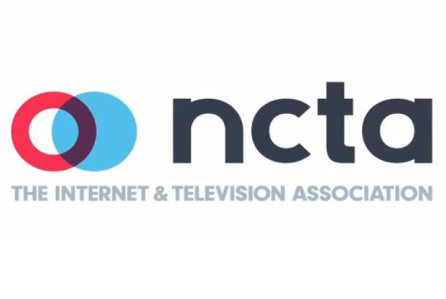 WASHINGTON (Reuters) – Four industry groups representing major internet providers and cable companies filed suit on Wednesday seeking to block California’s new law to mandate net neutrality rules.
WASHINGTON (Reuters) – Four industry groups representing major internet providers and cable companies filed suit on Wednesday seeking to block California’s new law to mandate net neutrality rules.
The groups represent companies including AT&T Inc, Verizon Communications Inc, Comcast Corp and Charter Communications Inc. The lawsuit came after the U.S. Justice Department on Sunday filed its own lawsuit to block the new law.
The lawsuit filed by the American Cable Association, CTIA – The Wireless Association, NCTA – The Internet & Television Association and USTelecom – The Broadband Association, called California’s law a “classic example of unconstitutional state regulation” and urged the court to block it before it is set to take effect Jan. 1.
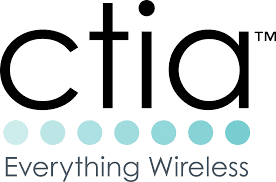 U.S. Attorney General Jeff Sessions said on Sunday in a statement that the “the California legislature has enacted an extreme and illegal state law attempting to frustrate federal policy.”
U.S. Attorney General Jeff Sessions said on Sunday in a statement that the “the California legislature has enacted an extreme and illegal state law attempting to frustrate federal policy.”
This marked the latest clash between the Trump administration and California, which have sparred over environmental, immigration and other hot-button issues.
In December, the Federal Communications Commission said in repealing the Obama-era rules that it was preempting states from setting their own rules governing internet access.
 California Attorney General Xavier Becerra said on Sunday the Trump Administration was ignoring “millions of Americans who voiced strong support for net neutrality rules.”
California Attorney General Xavier Becerra said on Sunday the Trump Administration was ignoring “millions of Americans who voiced strong support for net neutrality rules.”
The Trump administration rules were a win for internet providers but opposed by companies like Facebook Inc, Amazon.com Inc and Alphabet Inc.
Under President Donald Trump, the FCC voted 3-2 in December along party lines to reverse rules that barred internet service providers from blocking or throttling traffic or offering paid fast lanes, also known as paid prioritization.
In August, 22 states and a coalition of trade groups representing major tech companies urged a federal appeals court to reinstate the rules. The states argue that the FCC cannot preempt state rule because it is not setting any limits on conduct by internet providers.
A federal judge on Monday set a Nov. 14 hearing in Sacramento on the Justice Department lawsuit.


 Subscribe
Subscribe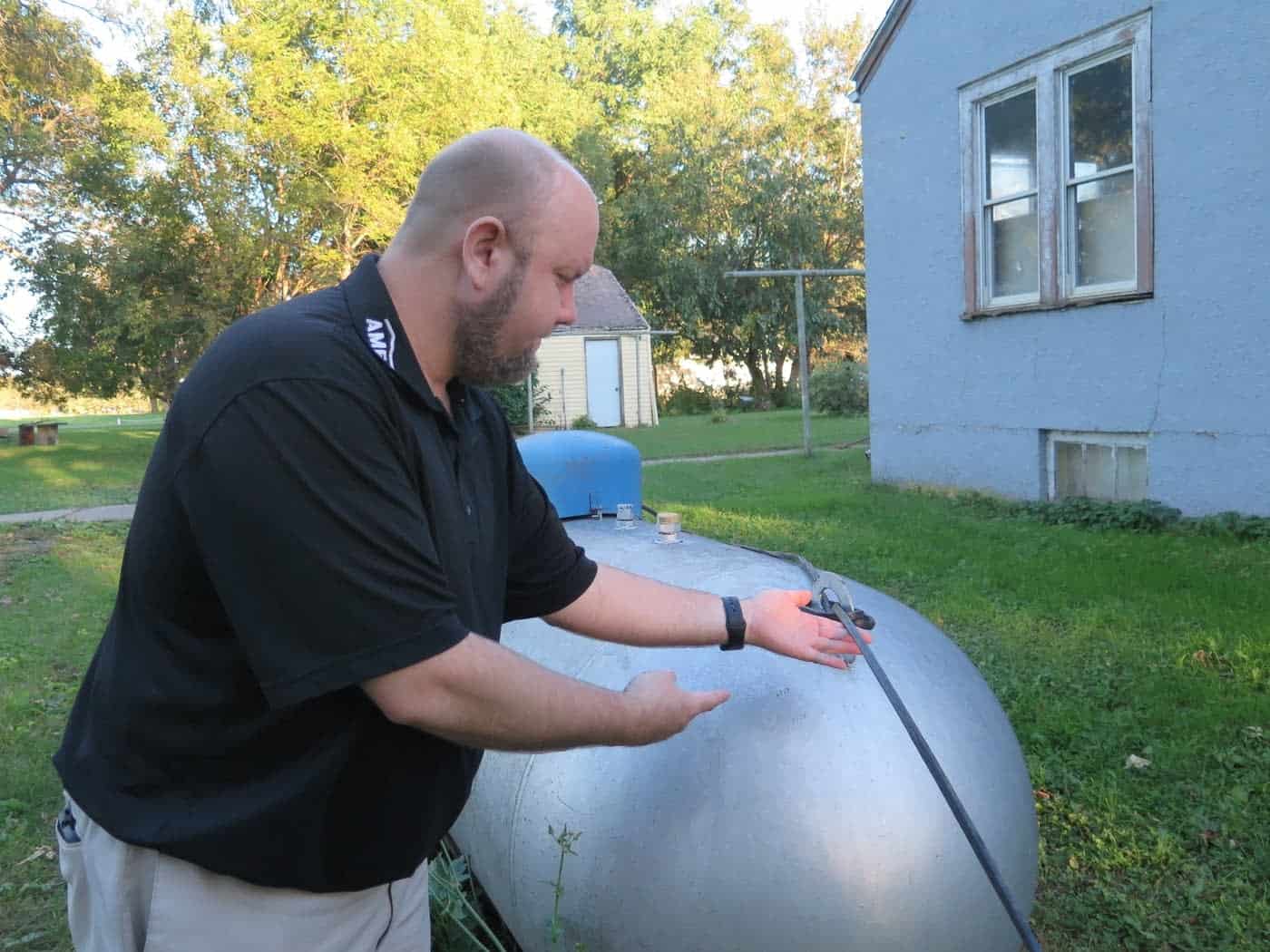
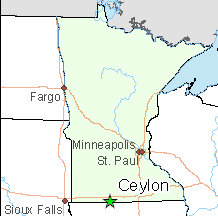
 FEMA, in coordination with the Federal Communications Commission, will conduct a nationwide test of the Emergency Alert System (EAS) and Wireless Emergency Alerts (WEA) on Wednesday, Oct. 3, creating a cacophony of alarms and warning tones on cell phones, radios, and televisions from coast to coast.
FEMA, in coordination with the Federal Communications Commission, will conduct a nationwide test of the Emergency Alert System (EAS) and Wireless Emergency Alerts (WEA) on Wednesday, Oct. 3, creating a cacophony of alarms and warning tones on cell phones, radios, and televisions from coast to coast.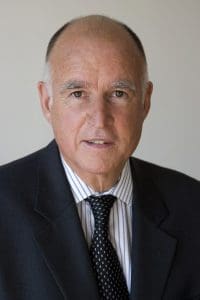
 “I’m pleased the Department of Justice has filed this suit,” Pai wrote. “The internet is inherently an interstate information service. As such, only the federal government can set policy in this area. And the U.S. Court of Appeals for the Eighth Circuit recently reaffirmed that state regulation of information services is preempted by federal law.”
“I’m pleased the Department of Justice has filed this suit,” Pai wrote. “The internet is inherently an interstate information service. As such, only the federal government can set policy in this area. And the U.S. Court of Appeals for the Eighth Circuit recently reaffirmed that state regulation of information services is preempted by federal law.”
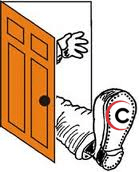

 Currently, UK customers subscribing to the full Sky HD package, including the Sky Q set-top box, pay up to $119 a month. In Germany, the smaller “full package” costs $82 a month after promotional pricing expires. Comcast is likely to raise prices significantly over the next few years, possibly reaching $150 a month in the UK and $100 in Germany. In contrast, Netflix is building a giant market share in Europe keeping pricing low. A 4-screen subscription to Netflix currently costs $13 a month in the UK, with Netflix’s new Ultra subscription priced at $19.96 in Germany.
Currently, UK customers subscribing to the full Sky HD package, including the Sky Q set-top box, pay up to $119 a month. In Germany, the smaller “full package” costs $82 a month after promotional pricing expires. Comcast is likely to raise prices significantly over the next few years, possibly reaching $150 a month in the UK and $100 in Germany. In contrast, Netflix is building a giant market share in Europe keeping pricing low. A 4-screen subscription to Netflix currently costs $13 a month in the UK, with Netflix’s new Ultra subscription priced at $19.96 in Germany.